|
Security operations by foreign countries are widespread on the African continent. Currently, there are foreign military bases in countries like Kenya, Uganda, Djibouti, Somalia, the Democratic Republic of Congo, Mali, Burkina Faso, Niger and Mozambique. These bases, which are governed by bilateral agreements, have been set up despite the African Union’s concerns about the growing number of foreign troops on the continent. Countries deploy troops to Africa for a variety of reasons ranging from diplomatic to peace, security, and commercial interests. But as Theo Neethling points out, despite the concerns of the AU Peace and Security Council about foreign military involvement, the continent’s approach to the issue remains
disjointed.
Meanwhile, Sudan is currently grappling with devastating floods which are some of the worst in the country’s history. Floods frequently happen in the country as heavy rains can cause the mighty Nile River – and its two main tributaries – to break their banks. But they don’t always need to be so catastrophic. Abdelrahim Salih explains that more needs to be done when it comes to monitoring potential floods and more attention paid to
infrastructure planning.
|
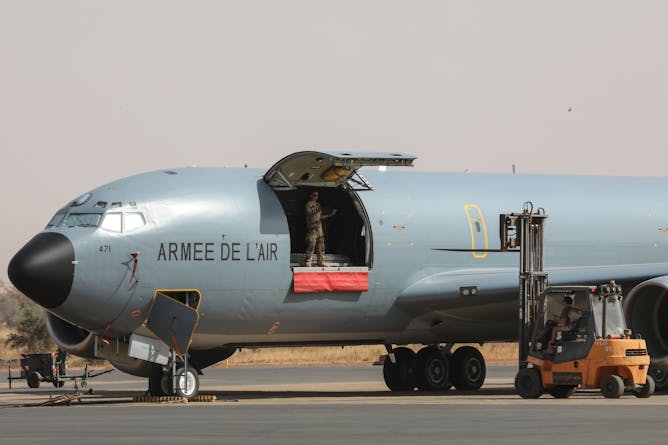
French Air Force soldiers work on a Boeing C135 parked on the French Air Force base in Niamey, Niger in December, 2017.
Theo Neethling, University of the Free State
The Horn of Africa is the epicentre of foreign military activity. Foreign troops have been deployed to support peace initiatives, subdue terror groups and support foreign security initiatives.
|
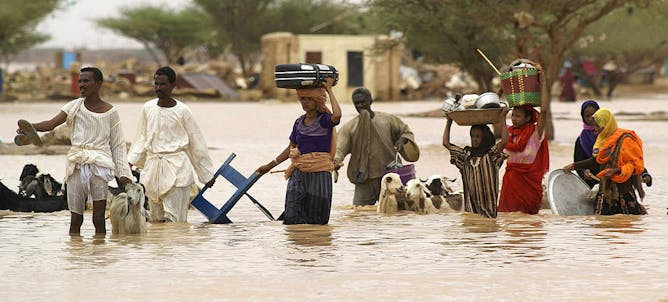
Sudanese people carry their belongings through the flood waters.
Isam Al-Haj/AFP via Getty Images
Abdelrahim Salih, Imam Muhammad ibn Saud Islamic University
To prevent the humanitarian disasters that follow floods in Sudan, more attention needs to be paid to infrastructure planning.
|
Politics
|
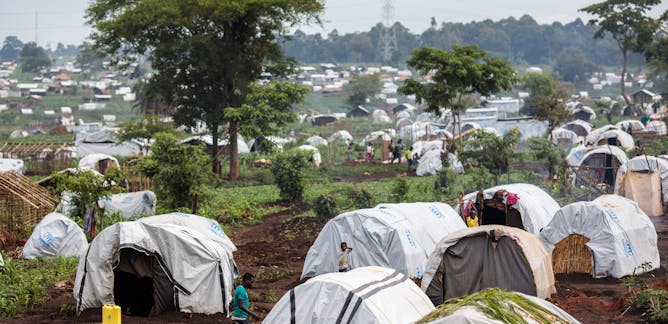
Cristiano D'Orsi, University of Johannesburg
The country has been praised for the humane treatment of its vast refugee population. Now questions arise about how it can continue to do so without without assistance from aid workers.
| |

Keith Silika, Staffordshire University
A forensic archaeologist and former Zimbabwe police officer uses his investigative skills to find the missing and the dead in his homeland.
|
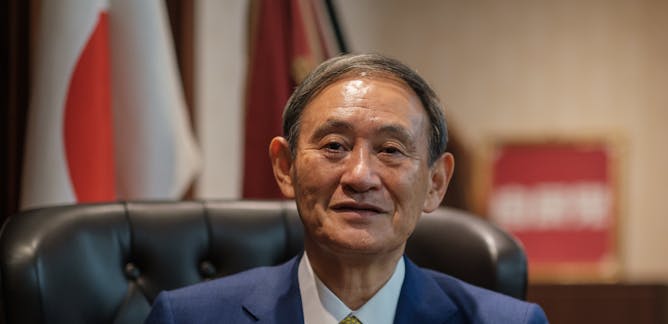
Craig Mark, Kyoritsu Women's University
Suga has a strict work ethic, rising at 5am each day. He will need to work hard to hang on to the prime ministership at a bumpy time for Japan.
| |
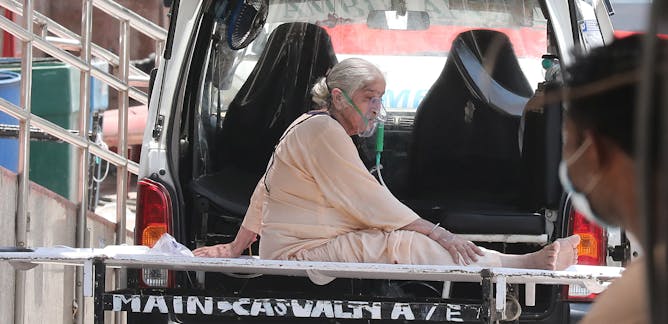
Vidya Venkat, SOAS, University of London
Blocking citizen requests for information on a fund set up for COVID-19 relief undermines public trust in the government's response to the pandemic.
|
|
|
Health + Medicine
|
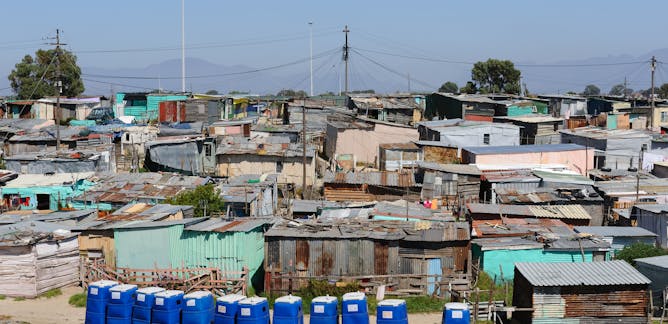
Andrew Gibbs, South African Medical Research Council; Tarylee Reddy, South African Medical Research Council
Studies globally have made the link between the lack of adequate sanitation, particularly open defecation or shared community toilet facilities, and the increased risk of women and girls being raped.
| |
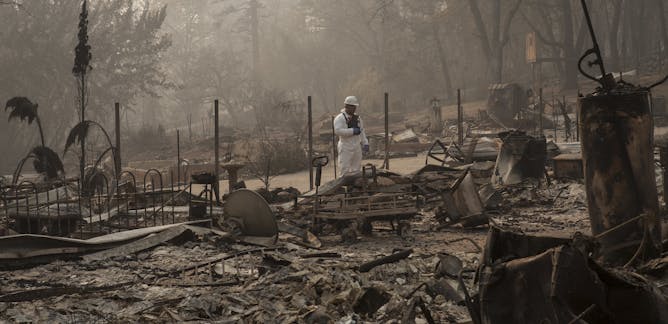
Andrew J. Whelton, Purdue University; Caitlin R. Proctor, Purdue University
Two environmental engineers say governments need to do more to protect people from possible water contamination after wildfires.
|
|
|